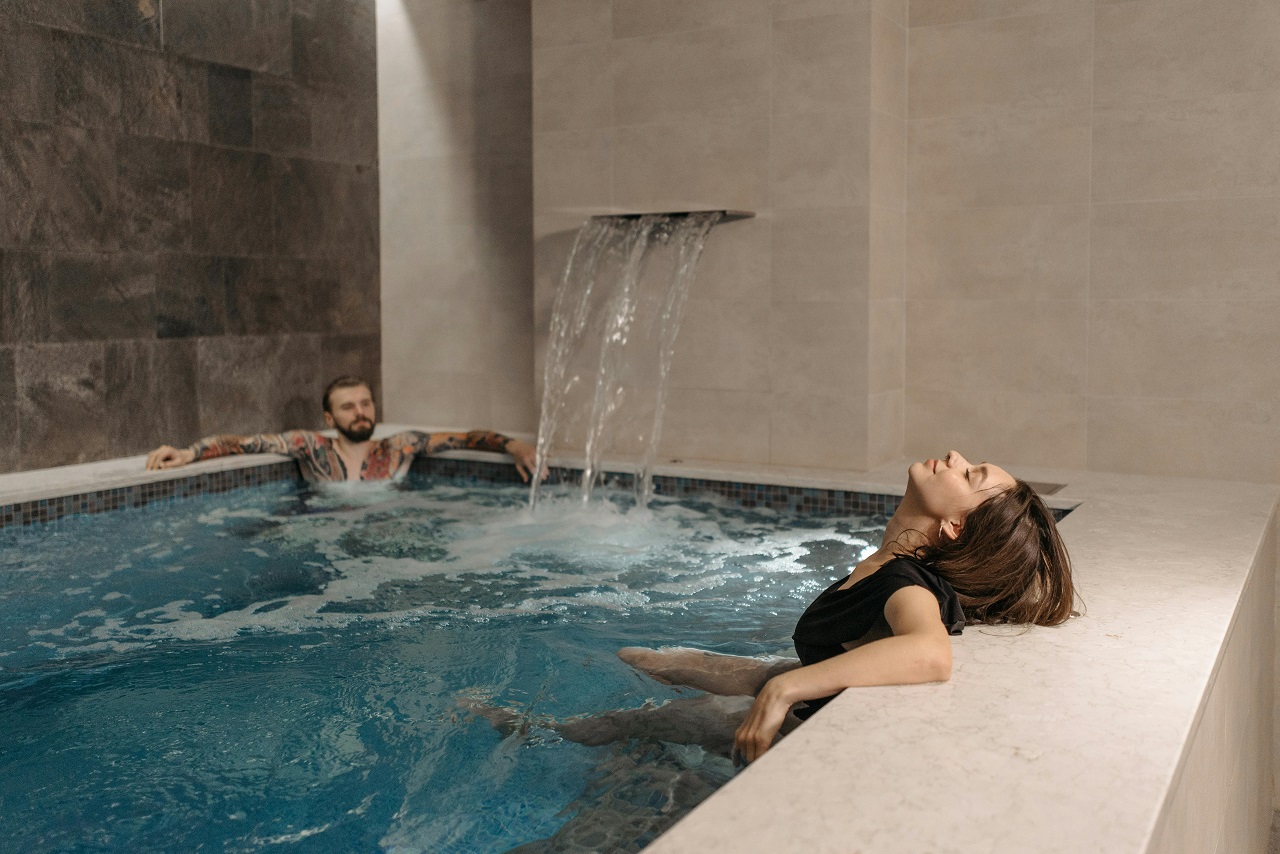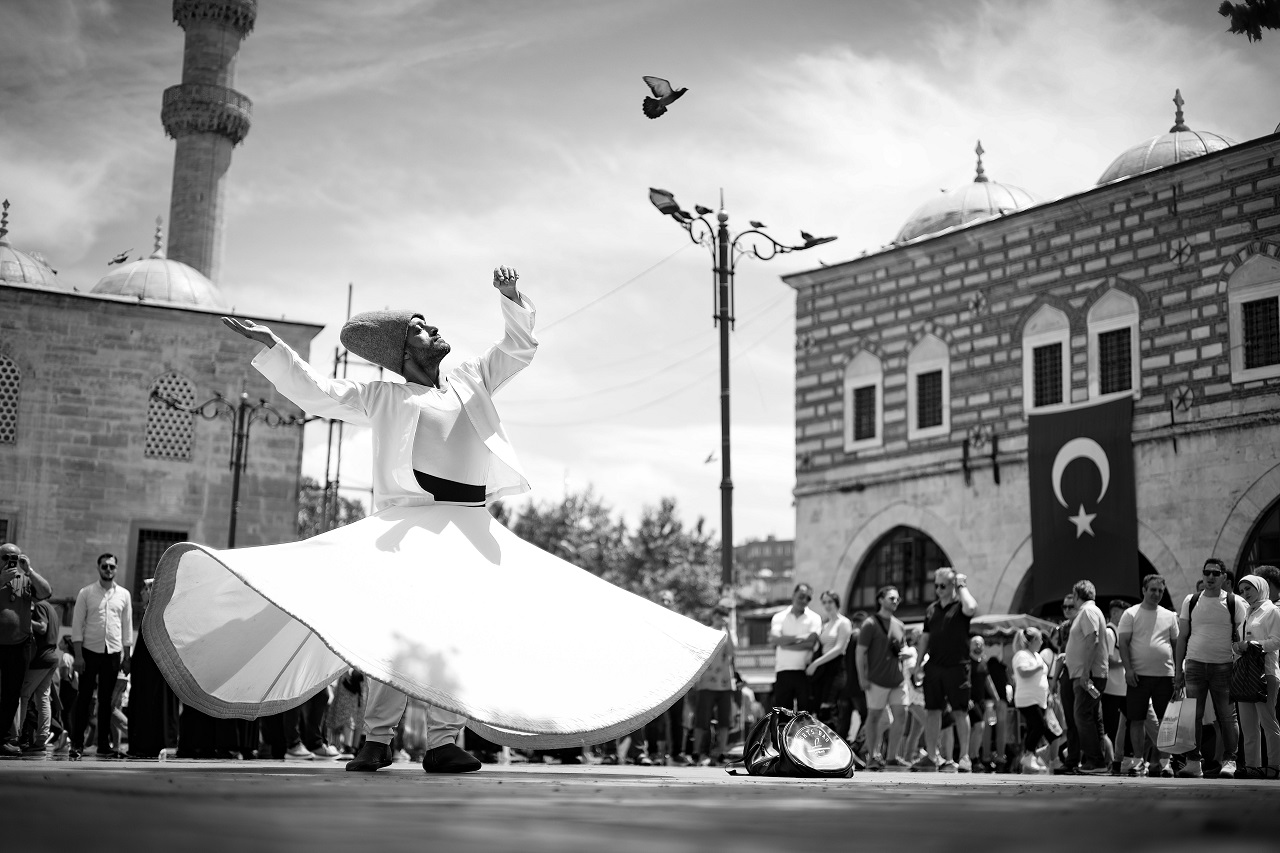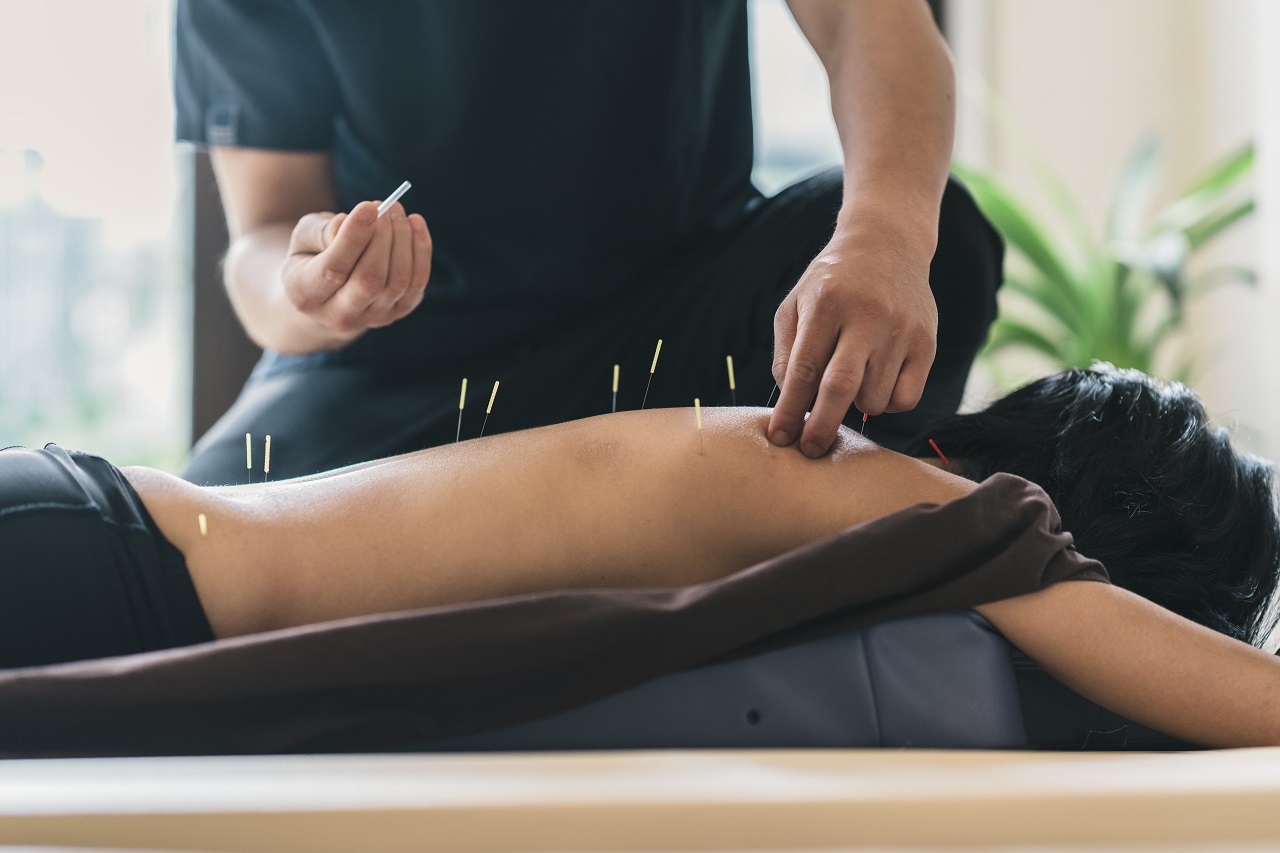Alternative medicine refers to a range of medical practices and therapies that fall outside the scope of conventional Western medicine. These practices are often used as a complement to or in place of traditional medical treatments, and can include techniques such as acupuncture, herbal therapy, and dietary modifications. In Turkiye, alternative medicine has a long and rich history, with roots dating back to the Ottoman Empire. Today, alternative medicine remains a popular and widely used approach to health and healing in Turkish culture.
The popularity of alternative medicine in Turkiye can be attributed to a variety of factors, including cultural traditions, access to resources, and a desire for more holistic and natural approaches to health and wellness. A recent mapping study revealed that 60.5% of people in Turkiye refer to traditional complementary medicine, including medicinal plants, for their health needs. This trend is reflected in the results of multiple surveys conducted in Turkiye, which have consistently shown a high prevalence of alternative medicine use among the population. While alternative medicine is often used as an alternative to conventional medical treatments in Turkiye, it is important to note that it is not viewed as a replacement for Western medicine.
Despite its popularity, attitudes towards alternative medicine in Turkiye can be mixed. A study examining the attitudes of Turkish physicians towards complementary and alternative medicine found that while many physicians were open to the use of alternative medicine, there was also a significant amount of skepticism and concern about the safety and efficacy of these practices. However, as alternative medicine continues to gain popularity and public acceptance in Turkiye, it is likely that attitudes towards these practices will continue to evolve and become more positive.
Traditional Turkish healing methods

Herbal medicine and phytotherapy are widely used in Turkiye as a form of traditional healing. Turkish people have a long history of using medicinal plants to treat various ailments, with evidence dating back to ancient times. Many studies have indicated the effectiveness of medicinal plants in treating human diseases, owing to their antimicrobial and antioxidant properties. Turkiye has a wealth of medicinal plants that are used regularly as natural cures for a variety of ailments. Herbal medicine is considered a safe and effective alternative to modern medicine in Turkiye, and it is widely accepted and trusted by the public.
The Turkish bath, also known as hammam, is a traditional form of hydrotherapy that has been used for centuries in Turkiye. The bath involves a combination of steam, heat, and water, which can help to relax muscles, reduce stress, and improve circulation. The bath is also known for its cleansing and detoxifying properties and is believed to have a positive effect on the skin and respiratory system. Turkish bath packages often include a body scrub with scrub, wash, and hand massage. Balneotherapy, which involves the use of thermal mineral waters, is another popular form of hydrotherapy in Turkiye. It is believed to have therapeutic benefits for various health conditions, including rheumatism, skin disorders, and respiratory problems.
Cupping therapy and bloodletting are other traditional Turkish healing methods. Cupping therapy involves the use of suction cups to create a vacuum on the skin, which is believed to help drain excess fluids and toxins, revitalize connective tissue, and improve blood flow. Bloodletting, also known as Hijama, involves the removal of small amounts of blood from the body, which is believed to help remove toxins and improve circulation. Both of these methods have been used in Turkiye for centuries and are still widely practiced today. However, it is important to note that these methods should only be performed by trained professionals and under appropriate medical supervision. Overall, traditional Turkish healing methods offer a unique and holistic approach to healthcare, incorporating natural remedies and therapeutic practices that have been used for centuries. While modern medicine has its benefits, many people in Turkiye still prefer to use traditional methods, which are often considered safer and more effective in treating certain health conditions.
Spiritual and energybased healing practices in Turkiye

Sufi Music Therapy and Meditation is a centuries-old art that has been practiced in Turkiye for generations. It involves the use of music and meditation to promote healing and well-being. The practice is based on the belief that music has the power to heal the body, mind, and soul. In Turkiye, Sufi music therapy and meditation are often used to treat a wide range of physical and mental health conditions, including depression, anxiety, and chronic pain. This form of alternative medicine is gaining popularity in Turkiye, with some hospitals even incorporating live music performances into their treatment plans. The holistic approach of sacred Sufism-Islam practices has been an integral part of Turkish culture for centuries. However, the use of music as a treatment method has shown slower development in modern times.
Energy Healing and Reiki have also gained popularity in Turkiye as alternative medicine practices. Reiki is a Japanese form of energy healing that involves the use of hands-on techniques to promote relaxation and stress reduction. This complementary therapy is often used in conjunction with traditional medical treatments to improve overall well-being. Similarly, energy healing practices involve the use of biofield therapies to restore balance and health. These alternative healing practices are considered safe and gentle, with many patients reporting symptom relief and improved overall health. While not widely accepted in the medical community, these practices have gained popularity in Turkiye as a form of alternative medicine.
Islamic Healing Practices and Prayer are deeply ingrained in Turkish culture and have been practiced for centuries. Islamic healing practices involve a range of therapies related to spiritual healing, herbal medicine, manual techniques, and mind-body interventions. Prayer and incantations are commonly used as healing techniques, along with cautery, blood-letting, and purges. These practices are often used in conjunction with traditional medical treatments to promote healing and overall well-being. In Turkiye, spiritual healing methods are regularly used by patients to relieve various ailments. The use of Islamic healing practices and prayer is a testament to the deep spiritual roots of Turkish culture and their belief in the power of alternative medicine.
Modern alternative medicine practices in Turkiye

Acupuncture and Traditional Chinese Medicine (TCM) have become increasingly popular in Turkiye in recent years. TCM has a rich history and philosophy, which includes the prevention, diagnosis, and treatment of diseases. Acupuncture, a technique used in TCM, involves the insertion of thin needles into specific points on the body to stimulate energy flow and promote healing. Many people in Turkiye have found acupuncture to be an effective treatment for a variety of conditions, including chronic pain, anxiety, and digestive issues. Traditional Chinese Medicine is just one example of the many alternative medicine practices that are gaining popularity in Turkiye.
Chiropractic care and osteopathy are two other alternative medicine practices that are becoming more widely available in Turkiye. Chiropractic care involves the manipulation of the spine to alleviate pain and improve overall health. Osteopathy, on the other hand, focuses on the musculoskeletal system and aims to improve the body's natural healing abilities. Both chiropractic care and osteopathy have been shown to be effective in treating a range of conditions, including back pain, migraines, and joint pain. As more people in Turkiye seek out non-invasive and drug-free treatments, the demand for chiropractic care and osteopathy is likely to continue to grow.
Homeopathy and naturopathy are two additional alternative medicine practices that have gained popularity in Turkiye. Homeopathy involves the use of highly diluted substances to stimulate the body's natural healing abilities. Naturopathy, on the other hand, focuses on using natural remedies, such as herbs and supplements, to promote health and prevent disease. Both homeopathy and naturopathy have been shown to be effective in treating a range of conditions, including allergies, digestive issues, and skin conditions. With growing interest in natural and holistic approaches to health, it is likely that these practices will continue to gain popularity in Turkiye and around the world.









